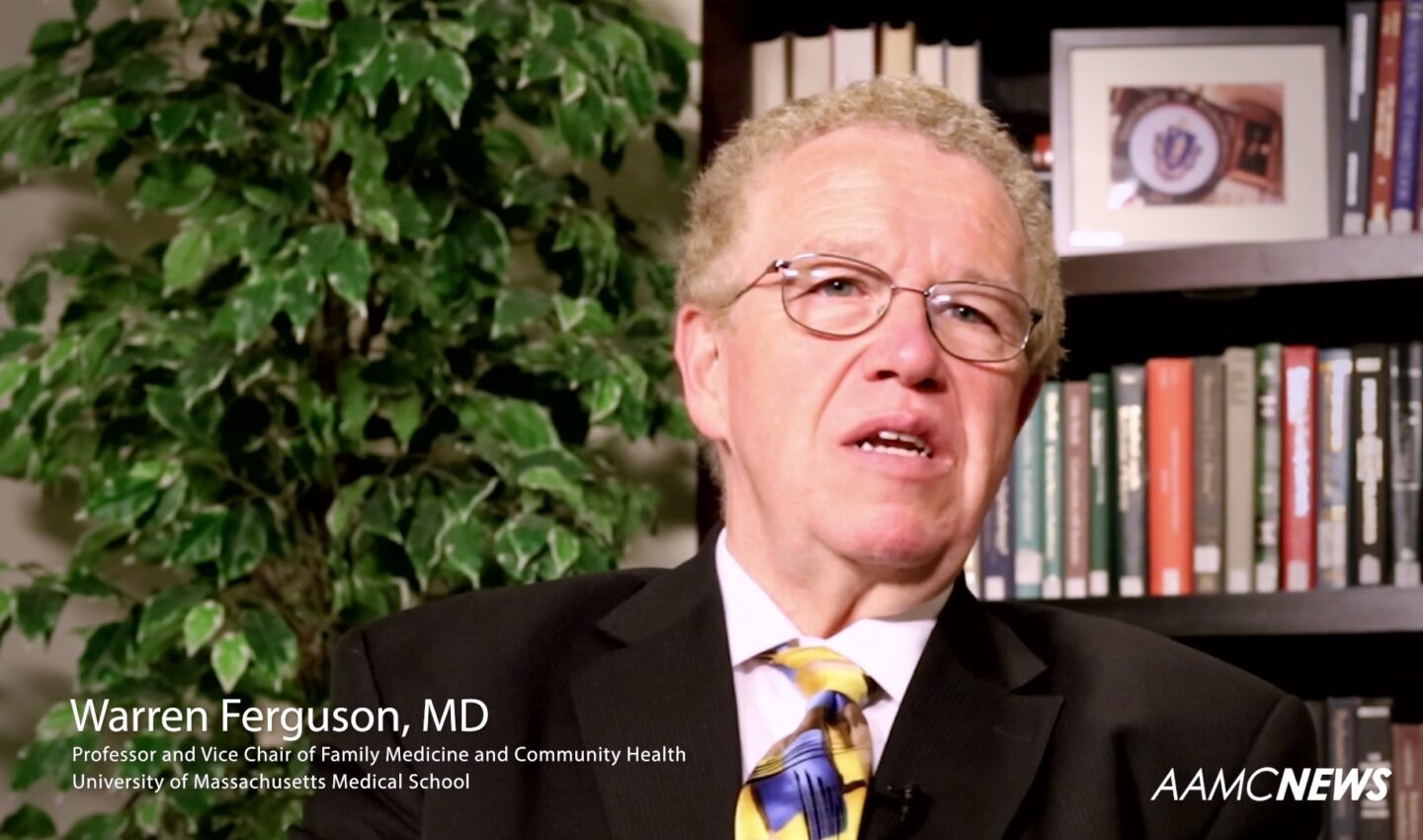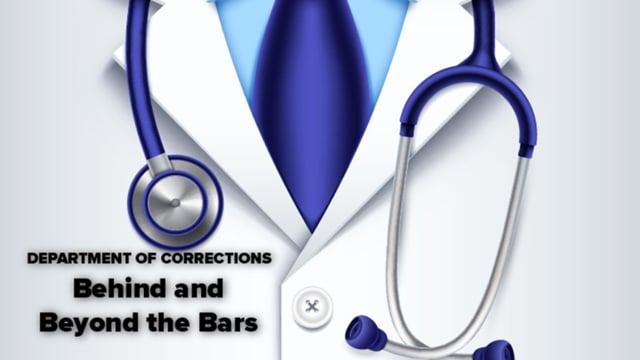UMass Medical School’s Warren J. Ferguson, one of the nation’s leading experts on health care for criminal justice populations, will speak at the upcoming Association of American Medical Colleges (AAMC) annual meeting in Boston.
Director of academic programs for UMass Medical School’s Health and Criminal Justice Program, Dr. Ferguson will participate in a Nov. 5 session on “Social Justice Behind and Beyond the Bars: Criminal Justice Health and Academic Medicine.” Read an overview of the session in AAMC News.
Thousands of medical school deans, researchers, clinicians, hospital executives and university administrators will gather Nov. 3-7 at the Hynes Convention Center in Boston for “Learn Serve Lead 2017,” the AAMC’s annual meeting.
Ferguson will discuss the impact of incarceration on the health of individuals caught up in the criminal justice system as well as the special challenges and conditions medical practitioners face in a correctional facility setting.
“Incarceration has an impact on people’s health on multiple levels,” said Ferguson, who is chair of the Academic Consortium on Criminal Justice Health, which he helped found. “Individuals in many respects lose much of their humanity when they are incarcerated. It can be a very dehumanizing experience.”
Ferguson has been recognized for his long-standing efforts training the next generation of professionals dedicated to improving healthcare outcomes for the incarcerated and other vulnerable groups. He routinely mentors criminal health justice students and junior investigators.
But at a time when there is already a shortage of primary care physicians, recruiting new medical personnel to work in prisons and jails across the country can be challenging.
“Jails and prisons are at the bottom of the totem pole in terms of recruitment,” said Ferguson, who is also professor and vice chair of UMass Medical School’s Department of Family Medicine & Community Health.
Those seeking to build a career in the correctional health system also must learn to navigate a unique culture as well.
“You never ask about the crimes they have committed,” Ferguson says. “You are there to provide health care. You are not a police officer, a lawyer or a judge. Leave the politics out of it.”


